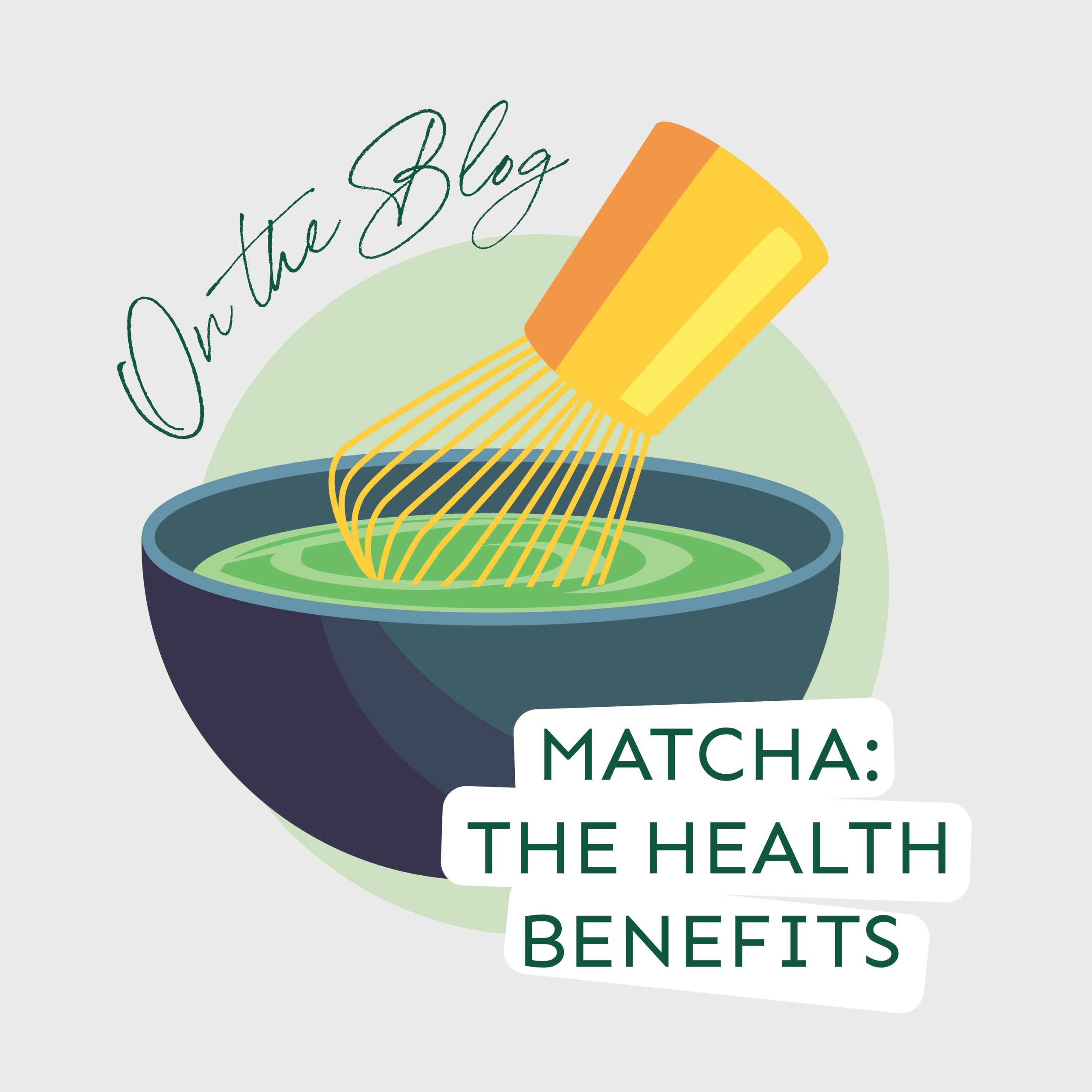Matcha has become a popular addition to lattes, smoothies and even baking, but what exactly is it, and is it good for you?
Matcha is a type of powdered green tea made from specially grown and processed tea leaves. Unlike regular green tea, where you steep the leaves and discard them, matcha involves consuming the entire leaf in powdered form. This means you get a more concentrated dose of nutrients and antioxidants.
Here are some of the key health benefits of matcha:
-
Rich in antioxidants
Matcha is packed with antioxidants, particularly a group of plant compounds called polyphenols. Antioxidants support general wellbeing and may play a role in reducing the risk of chronic conditions over time.
-
Supports calm focus
One of matcha’s benefits is its ability to promote alertness without the jitteriness often associated with coffee. This is due to its combination of caffeine and L-theanine, an amino acid that promotes a calm, focused mental state. People report feeling more steady and sustained energy with matcha compared to coffee.
-
May support heart health
Some research suggests that green tea, including matcha, may help support heart health by contributing to healthy cholesterol levels and blood pressure. These effects are often linked to the antioxidant and anti-inflammatory properties.
-
Can support metabolism
Matcha may also play a role in supporting metabolic health. Some studies have shown that green tea extract can slightly increase the rate at which the body burns calories, though research in this area is still limited. While not a magic solution for weight loss, matcha can be part of a healthy lifestyle that supports energy balance.
-
A source of important nutrients
Matcha contains small amounts of vitamins and minerals, including vitamin C, selenium, chromium and magnesium. It also provides chlorophyll, the natural pigment responsible for its vibrant green colour, which contributes to its antioxidant properties.
How to enjoy matcha
To get the most out of matcha, opt for high-quality, ceremonial-grade powder, which is more suitable for drinking. It can be enjoyed whisked into hot water, blended into a latte with milk of choice, or added to smoothies or overnight oats.
Since matcha contains caffeine, it may not be suitable for everyone, especially in large amounts or for people who are pregnant, breastfeeding or sensitive to stimulants.
Final thoughts
Matcha offers a concentrated source of antioxidants and may support calm focus, metabolism and overall wellbeing. While it is not a quick fix or miracle solution, it can be a beneficial and enjoyable part of a healthy, balanced diet. As with any supplement or health trend, it is important to listen to your body and enjoy it in moderation.
For personalised support tailored to your unique dietary requirements, don’t hesitate to book a consultation with one of our wonderful Accredited Practising Dietitians here.
Written by Maddy Raymond, Accredited Practising Dietitian.



